
From Wikipedia, the free encyclopedia. Takashi Shimura (志村 喬, Shimura Takashi, March 12, 1905 – February 11, 1982) was a Japanese actor who appeared in over 200 films between 1934 and 1981. He appeared in 21 of Akira Kurosawa's 30 films (more than any other actor), including as a lead actor in Drunken Angel (1948), Rashomon (1950), Ikiru (1952) and Seven Samurai (1954).[3] He played Professor ...
Explore all movies appearances
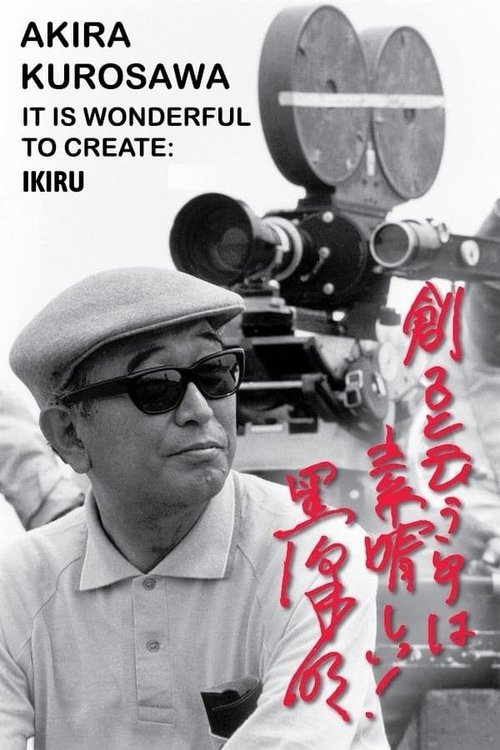
Documentary made by Toho for the Masterworks reissue of all of its Kurosawa films. This one focuses on "Ikiru" (1952).
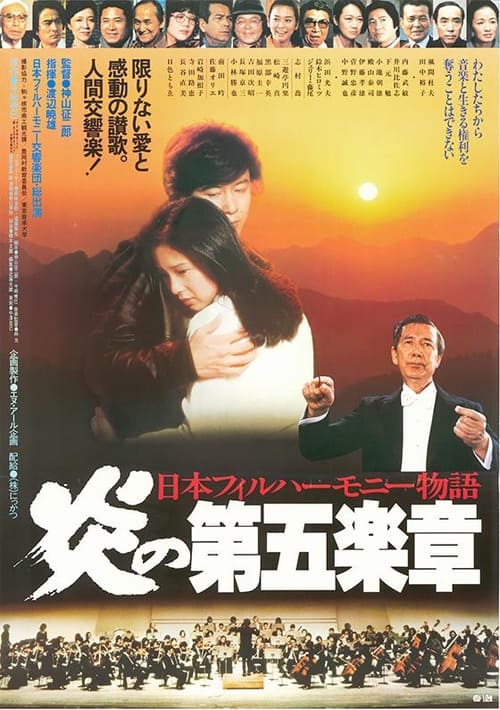
When a broadcasting company takes away its financial support from a symphony orchestra, some of the members refuse to admit defeat. The first violinist returns to his home and manages to get the orchestra back together for a grandiose performance, saved at the last minute by their original conductor -- and boding well for the future of the die-hard musicians.
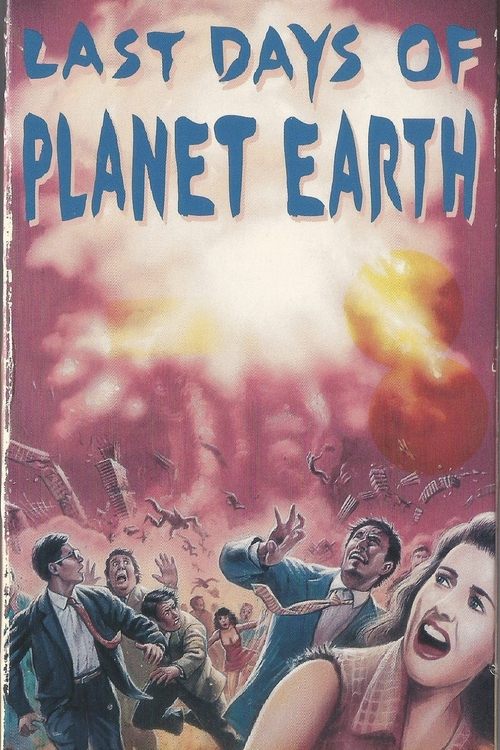
In 1853, Gentetsu Nishiyama tells his students that the French prophet Nostaradamus foretells great change for Japan, some of his students revolt, calling his words heresy and his wife flees with a book of Nostradamus’s predictions… In the present day, Dr. Nishiyama has to combat increasingly bizarre goings on which seem all to familiar to the prophet's predictions…
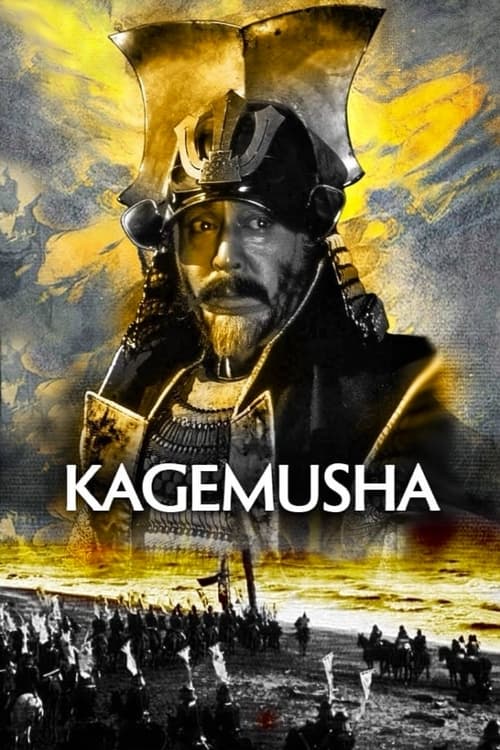
Akira Kurosawa's lauded feudal epic presents the tale of a petty thief who is recruited to impersonate Shingen, an aging warlord, in order to avoid attacks by competing clans. When Shingen dies, his generals reluctantly agree to have the impostor take over as the powerful ruler. He soon begins to appreciate life as Shingen, but his commitment to the role is tested when he must lead his troops into battle against the forces of a rival warlord.
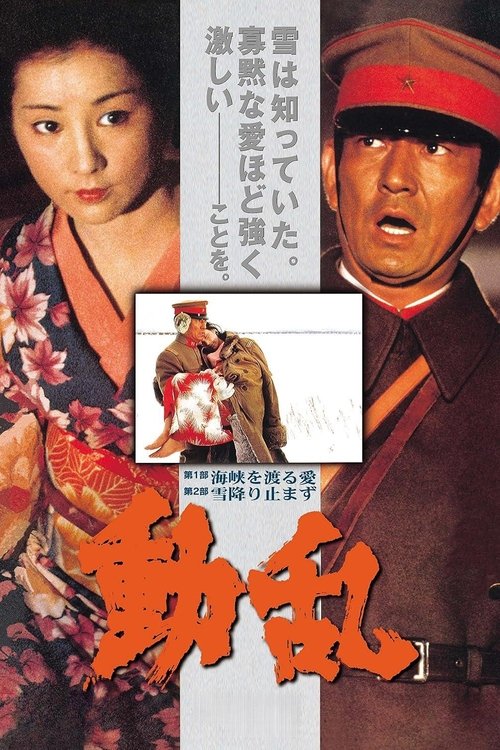
When a young soldier is killed while trying to prevent his younger sister, Kaoru, from being sold into a life of prostitution, his commander, Col. Miyagi, tries to honor his dying wish to rescue his sister. Upon finding Kaoru at a party working as a geisha and later rescuing her from committing suicide, Col. Miyagi allows her to move in with him. Over time, the two grow close, but in spite of Kaoru's growing feelings for him, Col. Miyagi is unable to bring himself to return her love. On the night of his deployment to war, Col. Miyagi finally admits his feelings for Kaoru, but will they ever be able to enjoy a peaceful life together now that a very violent and bloody military revolt is under way...
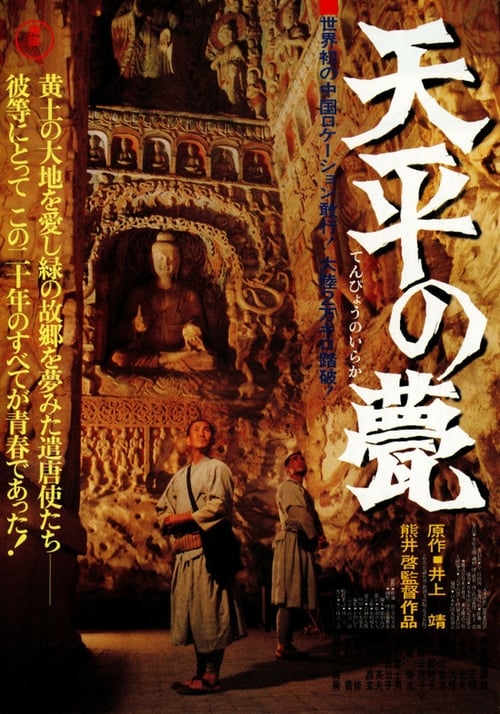
Set in Japan's Tenpyou era (729-749 CE), four young monks are sent to China to study Buddhism and bring a high priest back to Japan with them. The film tells the tale of the four monks' youth and the life and times of the high priest Ganjin.
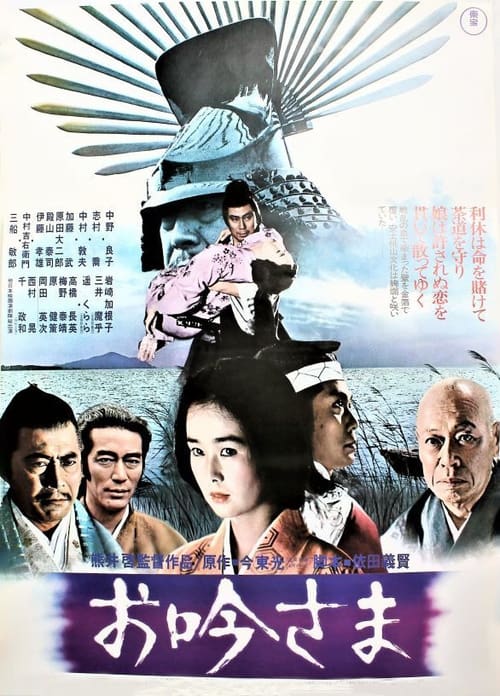
Sen Rikyu is a ceremonial tea master who advises warlord Hideyoshi in sixteenth-century feudal Japan. His daughter, the beautiful Lady Ogin, has an unrequited love for Lord Ukon, who has angered Hideyoshi by becoming a Christian convert. Ogin's father Rikyu also displeases Hideyoshi by opposing the warlord's plan to invade China and Korea. When the animalistic Hideyoshi is rejected by Ogin, he threatens her and her father with arrest and worse.

After a chance encounter with Hiroshi's father on a bus, Tora decides to get serious and reflect on the mortality of man. His plans are derailed when a beautiful lady starts working at Toraya.
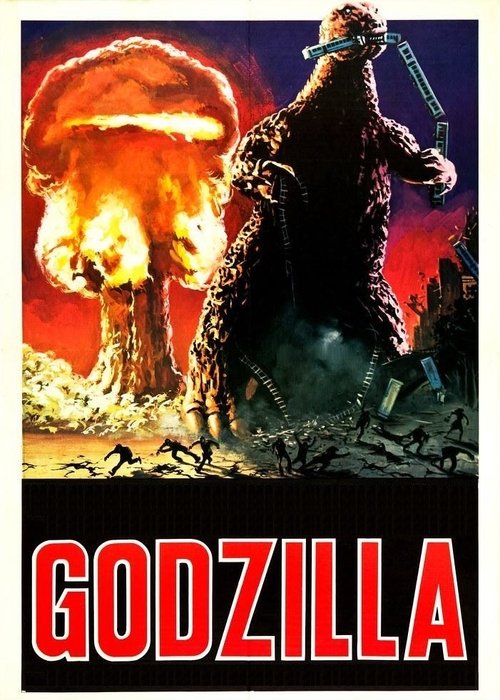
A re-edited Italian-language dubbed version of the original Godzilla, using as a basis the U.S. version, "Godzilla, King of the Monsters!" (1956), plus WWII newsreel footage and clips from other science fiction films. The re-edited film was then colorized via a process called "Spectrorama 70" consisting of applying various colored gels to the black and white footage. The film's opening and ending also features new music composed by musicians Fabio Frizzi, Franco Bixio, and Vince Tempera (under the pseudonym Magnetic System).
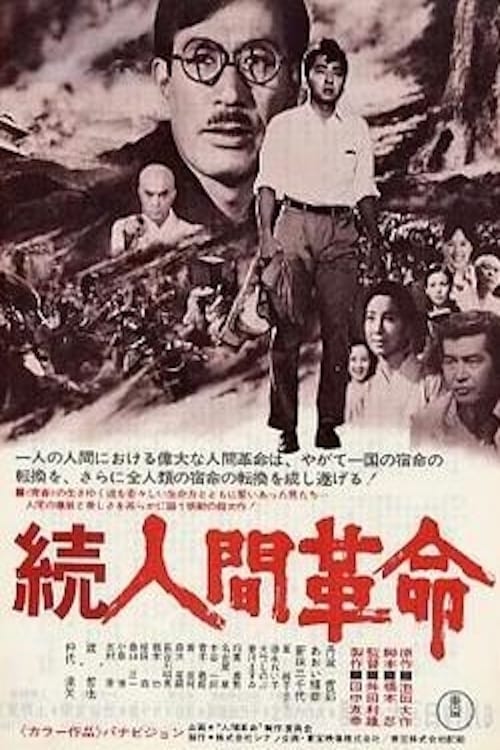
Dramatic story of one man trying to make a difference.
Subscribe for exclusive insights on movies, TV shows, and games! Get top picks, fascinating facts, in-depth analysis, and more delivered straight to your inbox.